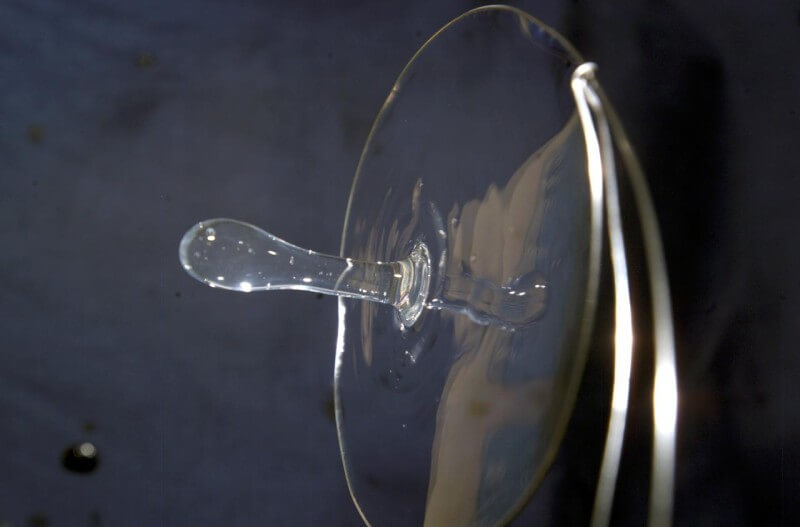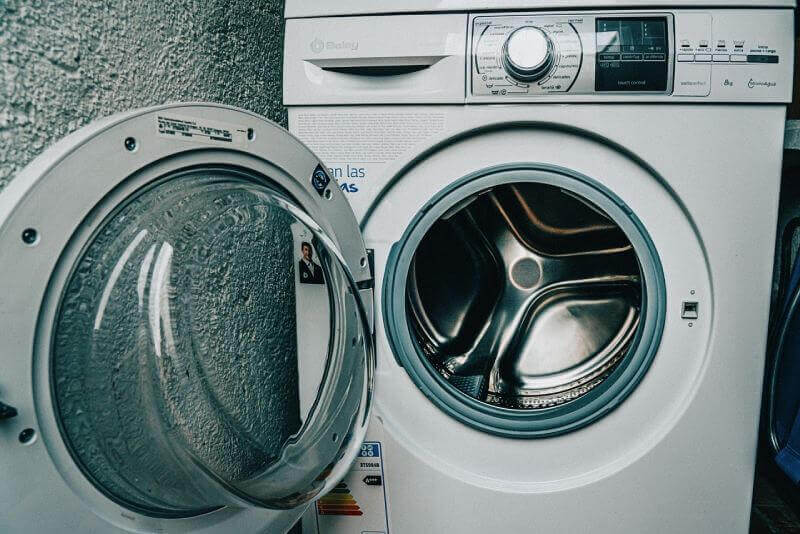Washing clothes is an everyday mundane task we do here on Earth. From soaking garments in water and slapping them against river rocks to simply tossing a load into the washer and leaving the machine to do the work, humans have been washing clothes for centuries.
For over two decades, crew members of varying nationalities have resided in space aboard the International Space Station (ISS). A single mission in space can last anywhere from 182 days, the average, to over a year long! So, obviously, crew members change their clothes and wash them. Right? Well, the answer may not be as obvious as we would assume.
Do Astronauts Wash Their Clothes?
The short answer would be that they don’t. It’s impossible and impractical for astronauts to wash their dirty laundry in space or aboard the International Space Station (ISS). There are several reasons why but the main point is that while in orbit, water is a sacred resource. Astronauts will re-wear the same pair of clothes and undergarments for a longer period of time before disposing of the dirty linens. Socks, underwear, and gym clothes are the most frequently changed. Working suits and formal dress wear can be worn for over a month or more.
Why Can’t Astronauts Wash Their Clothes?
As stated above, water is a sacred resource in orbit. Astronauts aboard the ISS don’t have access to water like most humans do on Earth. Washing dirty laundry would take far too much water to complete and, with the use of detergents and grime coming off the human body, makes it incredibly hard to recycle the water.
The cost of ferrying water from Earth to the International Space Station would be astronomical. It’s not feasible to load several thousand gallons of water on resupply missions as it would take funding from hundreds of other projects or departments.

Zero-gravity environments and water don’t mix all that well. Liquids take the shape of whatever container they’re in on Earth because of gravity. Aboard the ISS, however, there is no gravity. Liquids will form small, tight spherical shaps and float around the space station until the water and air purifiers bring them in for purification. Can you imagine trying to wash your clothes, but the water floats right off? It would be impossible to get them clean!
How Do Astronauts Get Water In Space?
It’s expensive to ferry water to the ISS, so in order to keep a supply, crew members have to recycle water. The Water Recycling System reclaims wastewater from fuel cells, urine, oral hygiene, hand washing, and by condensing humidity from the air. Without the recycling method, a minimum of 40,000 pounds of water would be required to resupply up to four crew members in a single year. That’s a lot of water! Lab animals aboard the ISS are not exempt from this method either. Animals urinate and breathe too.
Yes, it sounds disgusting, but the water that leaves the purification machines is far cleaner than most humans drink on Earth. The system in place, along with rationing, ensures that all crew members will continue to have a water supply.
Conclusion
Washing dirty laundry in space is not possible or feasible. When taken into context, it makes a lot of sense. It’s more cost-effective and reserves more water to throw away dirty clothes instead of trying to wash them. When compared, washing clothes in space is more costly to the program than a disposable clothing system. This means that astronauts change their used clothes at regular intervals and dispose of the dirty ones. But don’t worry, nobody’s dirty underwear is floating through space! All ISS waste will burn up in the atmosphere upon its re-entry, leaving no trace behind.

